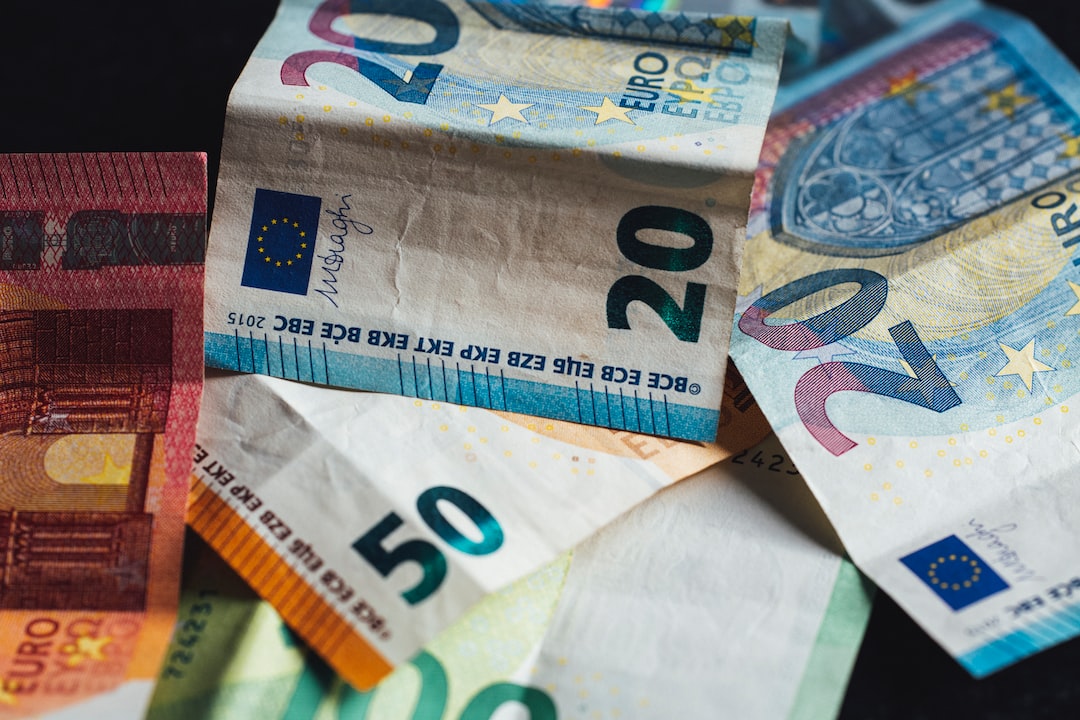Both futures and forex are popular among traders and investors for their potential to earn high returns. However, the level of volatility in these markets can be a double-edged sword, as it can either lead to high profits or significant losses. In this article, we will delve into the dynamics of futures and forex markets and explore which market is more volatile.
Futures Market
Futures are contracts that allow the buyer to purchase or sell an underlying asset at a predetermined price and date in the future. Futures contracts are traded on exchanges, where standardized contracts are available for various assets such as commodities, currencies, and indices. The futures market is highly regulated, with strict rules governing the trading process, including margin requirements and price limits.
The level of volatility in the futures market depends on the underlying asset being traded. For example, commodities such as oil and gold are known to be highly volatile due to their sensitivity to geopolitical events, supply and demand imbalances, and weather conditions. On the other hand, indices and currencies tend to be less volatile as they are influenced by economic indicators and government policies.
Futures contracts have a fixed expiry date, which adds to their volatility. As the expiry date approaches, traders may adjust their positions or close out their contracts, leading to price fluctuations. Additionally, futures trading involves leverage, which magnifies both profits and losses. Therefore, traders need to be cautious when trading futures and implement risk management strategies to protect their capital.
Forex Market
Forex, or foreign exchange, is the largest financial market globally, with an estimated daily turnover of $6.6 trillion. Forex trading involves buying and selling currencies in pairs, such as EUR/USD, GBP/USD, and USD/JPY. The forex market is decentralized, meaning that trades are conducted electronically over-the-counter (OTC) through a network of banks, brokers, and other financial institutions.
The forex market is known for its high volatility, driven by several factors such as economic news releases, political events, and central bank decisions. Forex traders can profit from both rising and falling markets, as they can buy or sell a currency pair depending on their expectations of the market direction.
The forex market operates 24 hours a day, five days a week, which means that traders can react to market events in real-time. However, the 24/7 nature of the forex market can also lead to increased volatility, as traders from different time zones may have different expectations and trading strategies.
Forex trading also involves leverage, which can significantly amplify profits or losses. However, unlike the futures market, forex brokers offer high leverage ratios, which can increase the potential for volatility. Therefore, forex traders need to have a thorough understanding of the risks involved and implement proper risk management strategies.
Which is More Volatile – Futures or Forex?
The answer to this question largely depends on the specific asset being traded, as well as the trading strategies employed by the trader. However, in general, the forex market is considered more volatile than the futures market, mainly due to the following reasons:
– Higher Leverage – Forex brokers offer higher leverage ratios than futures brokers, which can magnify the volatility of the market.
– 24/7 Trading – The forex market operates continuously throughout the week, which can lead to increased volatility as traders from different time zones react to market events.
– Economic Releases – The forex market is heavily influenced by economic news releases, which can cause significant price fluctuations in a short period.
Conclusion
Both futures and forex markets offer potential for high returns, but they also carry significant risks due to their volatility. The level of volatility in these markets depends on several factors, including the underlying asset, market conditions, and trading strategies. While the forex market is generally considered more volatile than the futures market, traders in both markets need to have a thorough understanding of the risks involved and implement proper risk management strategies to protect their capital.






